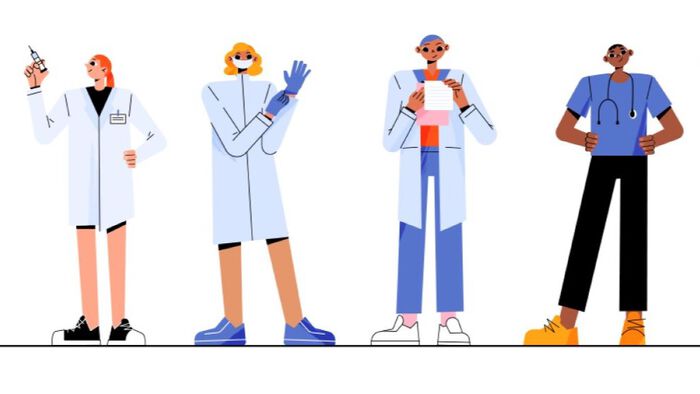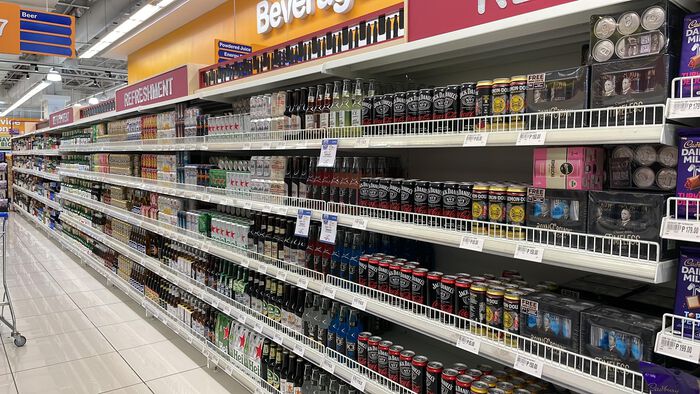In the Philippines, where the alcohol industry operates with less regulation than the tobacco industry, its power is not just economic but also political. Four of the alcohol companies with a significant market share in the country (San Miguel Brewery, Ginebra San Miguel, Emperador Distillers, and Tanduay Distillers) are part of larger diversified conglomerates, influencing not only the daily lives of Filipinos but also the political and economic dynamics of the country.
In the Philippines, the alcohol industry has demonstrated its influence as a policy actor, actively participating in public hearings in the Philippine Congress and opposing increases in alcohol taxes in the past decade or so. The alcohol industry has also used the courts to attempt to stop alcohol tax reforms from being implemented. While the reforms were eventually enforced, an industry group composed of liquor and spirit makers in the Philippines attempted to stop the alcohol tax increase in 2012 with a temporary restraining order. Of the 26 alcohol-related bills filed in the Philippine Congress from 2019 to 2022, only the bill that increased alcohol excise taxes became law in 2020. Bills that aim to prohibit access to alcohol by minors and children, mandate labeling of alcoholic beverages, provide prevention and treatment of alcohol abuse among high-risk youth, prohibit alcohol consumption in public places, prohibit alcohol advertising, and mandate health warnings on alcoholic beverages did not even move beyond their respective legislative committees.
The 'revolving door' practice, a common occurrence in the Philippines, further blurs the lines between the alcohol industry and the government. Former legislators, ministers of justice and finance, diplomats, and even former military commanders hold positions on the Boards of Directors of the country's top four alcohol companies. This practice raises questions about potential conflicts of interest and the extent of the industry's influence on policy.
The Philippines is a country where alcohol marketing remains self-regulated. Without statutory restrictions on marketing, the alcohol industry heavily invests in aggressive alcohol advertising, promotions, and sponsorships. This situation is further complicated by the expansion of transnational alcohol companies in the region, which are capitalizing on the market opportunity for uninhibited alcohol marketing. For example, Kirin has partly owned San Miguel Brewery since 2009, and Heineken established its sales and marketing operations to increase its market share in the Philippines. Alcohol companies have also marketed their corporate social responsibility with their branding to “greenwash” their impact on health inequities by framing their corporate social responsibility activities as being aligned with the Sustainable Development Goals.
Is there a way to address the political influence of the alcohol industry? While progress has been made, its impact is still limited. The Association of Southeast Asian Nations (ASEAN) member states, including the Philippines, have recently introduced the ASEAN Framework for Action on Alcohol Control. This framework aims to promote health and reduce alcohol-related harms, providing recommended cost-effective policy measures in line with the WHO Global Strategy to Reduce the Harmful Use of Alcohol and the WHO Global Alcohol Action Plan. Despite not being legally binding, it offers guidance to ASEAN member states. In the Philippines, a public consultation was held for the country's first national strategy on alcohol prevention and control. However, the Department of Health has yet to release the strategy. The national strategy can guide the creation of alcohol laws to help prevent the over 27,000 deaths attributed to alcohol consumption in the Philippines every year.
---
This blog is based on Gianna Gayle Amul’s PhD publication, which was also awarded by the Swiss Schools of Public Health with the Best PhD Publication Award for 2024. Click here to read the journal article published in the International Journal of Alcohol and Drug Research.
About the author
 Gianna Gayle Amul, PhD, is an Adviser on Alcohol, Drugs, and Development at FORUT (Norway). She is also a Non-Resident Research Fellow at the School of Government at Ateneo de Manila University (Philippines). She serves as Secretary of the Asia Pacific Alcohol Policy Alliance and as a Board Member of the Global Alcohol Policy Alliance.
Gianna Gayle Amul, PhD, is an Adviser on Alcohol, Drugs, and Development at FORUT (Norway). She is also a Non-Resident Research Fellow at the School of Government at Ateneo de Manila University (Philippines). She serves as Secretary of the Asia Pacific Alcohol Policy Alliance and as a Board Member of the Global Alcohol Policy Alliance.
Sign up to our newsletter to stay up to date about blog posts and seminars from the Collective of the Political Determinants of Health





